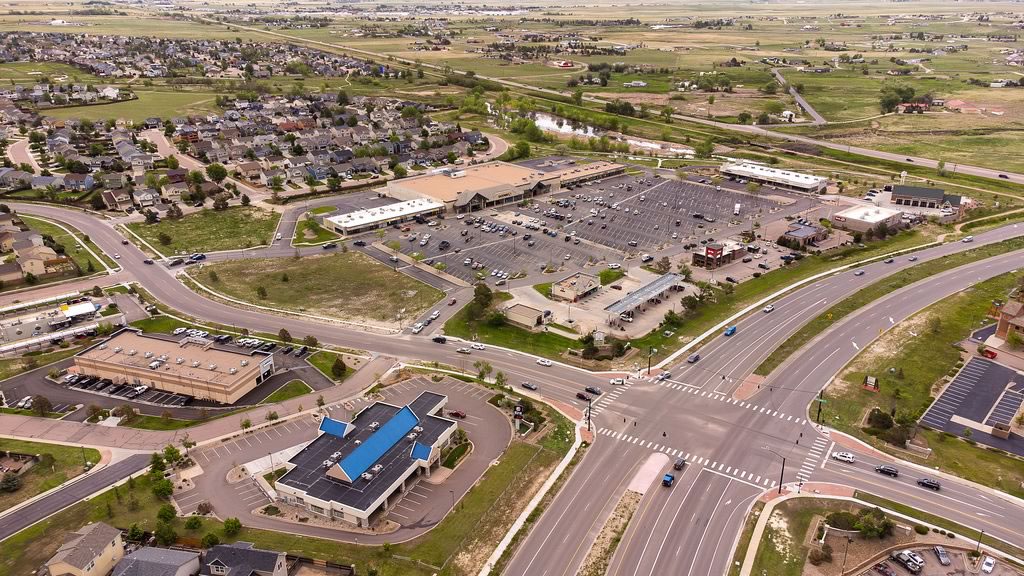Mark Stoller is a nine-year resident of Colorado.†He and his wife, Andra, both U.S. Air Force veterans, moved to Falcon in 2007 and are now raising their three teenage daughters in Latigo.†They enjoy their home on the prairie with plenty of room for their six adopted dogs, bagpipes & Celtic Festivals and beekeeping. Mark enjoys the privilege of his wife and daughters being his muse for topics, people to meet and places to investigate.
Service dogs provide an incredible level of mobility assistance and therapy to veterans trying to readjust to life after combat. One local organization lives by their motto, ìWe believe we are saving lives and providing second chances ñ- for the human and the dog.îSteve Corey is a U.S. Army veteran and executive director of the Victory Service Dogs, which is located at 4440 Barnes Road in Colorado Springs. In previous experiences with other service dog organizations, he was disheartened by the processes and failed results of matching veterans with service animals. ìI am a veteran and know what veterans need,î Steve said. ìHaving to be on lengthy wait lists, jump through excessive hoops, not receiving a service dog if they already had a family dog at home and not receiving what they were promised … is a huge problem.îSteve, with the help of lead trainer, Ruth Brunette-Means; Canine Program manager Heather; and five board of directors, has a proven process of matching veterans with dogs; providing fantastic results in quality of life for both. There is a serious commitment for the veteran to undertake to participate in the structured, veteran-led 18-month training program culminating in a solid team.Steve and Ruth described the screening process for both the veteran and the dog. Veterans complete an application, provide an interview, submit to a background check and provide a letter of recommendation and a prescription from their doctor or therapist. The next step before placing a dog with a veteran is a home visit and a contract.To match a service dog with the veteran, Ruth said, ìWe receive dogs from different sources. Some are owner-surrendered; breeders such as Mountain Myst Northern Inuits offer us dogs; and we search for them through rescue shelters.î Some veterans apply to Victory Service Dogs with their own family dog. Ruth and Heather conduct a temperament test to determine if the family dog will be a good fit for the work required.All dogs are screened for suitability to service work. ìWe look for friendly, happy-go-lucky dogs,î Ruth said. ìAnxiety travels down leash, and we need to know the dog can handle it.î Candidate service dogs are taken to downtown Colorado Springs to see how they handle loud noises and crowded spaces. ìItís not that the dog canít respond,î Ruth said. ìRather, what is the dogís response? How do they recover, and can they keep working?î Lastly, the dogs are assessed for how well they connect with humans, pick up on visual cues, and how well-suited they are for family pets in relation to small children and other animals.The training consists of seven six-week courses taught through All Breed Rescue and Training for both the dog and the veteran. The veteran pays for the first half of training and Victory Service Dogs covers the last half of training involving the specialized skill sets for the veteran and dog.ìAfter receiving their Good Citizen certificates, the dogs are trained to the visual cues exhibited by the veterans when a panic attack is about to happen or they experience nightmares,î Ruth said. ìThe dogs will assist by placing their chin on the veteranís leg or climb into the veteranís lap in an attempt to interrupt an episode before it happens, or soothe the veteran afterwards. Mobility training is also conducted for the veterans who require the dogs to accomplish specific tasks due to loss of mobility.îìAs with any nonprofit organization, Victory Service Dogs can always use more volunteers,î Steve said. ìHelp is needed in daily operations, media and fundraising; and fostering support.î More veterans can be matched with service dogs if more dogs can be fostered.Steve had spoken with one of their veteran clients, Brian, who said, ìEvery day, this dog saves my life.î




